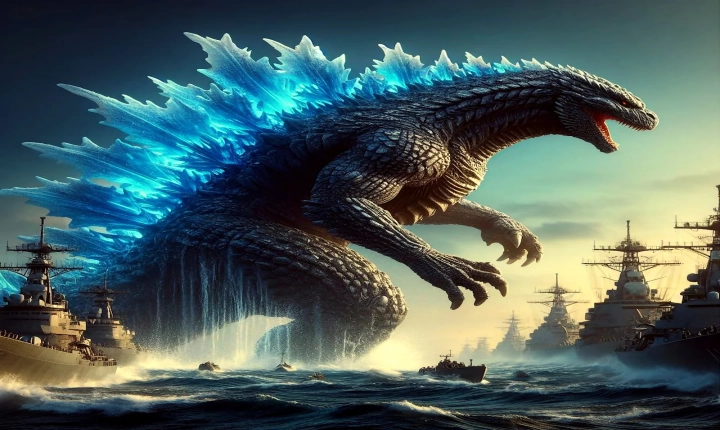Title: Can AI Create Animation? Exploring the Impact of Artificial Intelligence on Animation Production
Animation has long been a complex and time-consuming process that requires a combination of artistic talent, technical skill, and resources. However, with the rapid advancements in artificial intelligence (AI), there is a growing interest in exploring the possibility of using AI to create animations. But can AI truly replace human animators, and what impact could this have on the animation industry?
AI has already made significant strides in many creative fields, including music composition, visual arts, and even writing. In the context of animation, AI has shown potential in automating certain aspects of the production process, such as generating in-between frames, character movement, and facial expressions. This has led to the emergence of AI-powered tools and software that aim to streamline animation production and reduce the manual labor involved.
One of the key advantages of using AI in animation production is its ability to analyze large datasets and learn from existing animations. By training AI algorithms on extensive libraries of animated content, it is possible to teach AI to replicate specific animation styles, character designs, and movement patterns. This can significantly accelerate the animation process and help achieve more consistent results.
Moreover, AI-powered animation tools can also enhance the creative capabilities of human animators by offering intelligent suggestions and automating repetitive tasks. For instance, AI can assist in generating background scenery, special effects, and complex motion sequences, allowing animators to focus on higher-level creative decision-making.
However, the prospect of AI-driven animation also raises concerns and challenges for the industry. One of the primary concerns is the potential displacement of human animators as AI becomes more proficient in creating high-quality animations. While AI can automate certain aspects of the production pipeline, the role of human creativity, intuition, and artistic expression remains irreplaceable.
Additionally, there are ethical considerations surrounding the use of AI-generated content in animation. As AI algorithms learn from existing content, there is a risk of perpetuating biases and stereotypes present in the training data. It is crucial for animators and creators to exercise oversight and ensure that AI-generated animations align with ethical and cultural standards.
Furthermore, the rapid advancement of AI in animation production may also pose challenges in terms of intellectual property rights and copyright issues. As AI algorithms generate original content based on training data, questions arise about the ownership and attribution of AI-created animations, leading to potential legal and ethical implications.
In conclusion, the integration of AI in animation production holds significant promises and opportunities for streamlining workflows, enhancing creativity, and expanding the possibilities of animation. However, the impact of AI on the animation industry also presents a complex landscape of challenges related to employment, ethical considerations, and intellectual property. As the technology continues to evolve, it is essential for animators, creators, and industry stakeholders to navigate the implications of AI-driven animation with vigilance and ethical awareness. Ultimately, the synergy between AI and human creativity may lead to a transformative era in the world of animation, where innovation and artistic expression converge in unprecedented ways.
